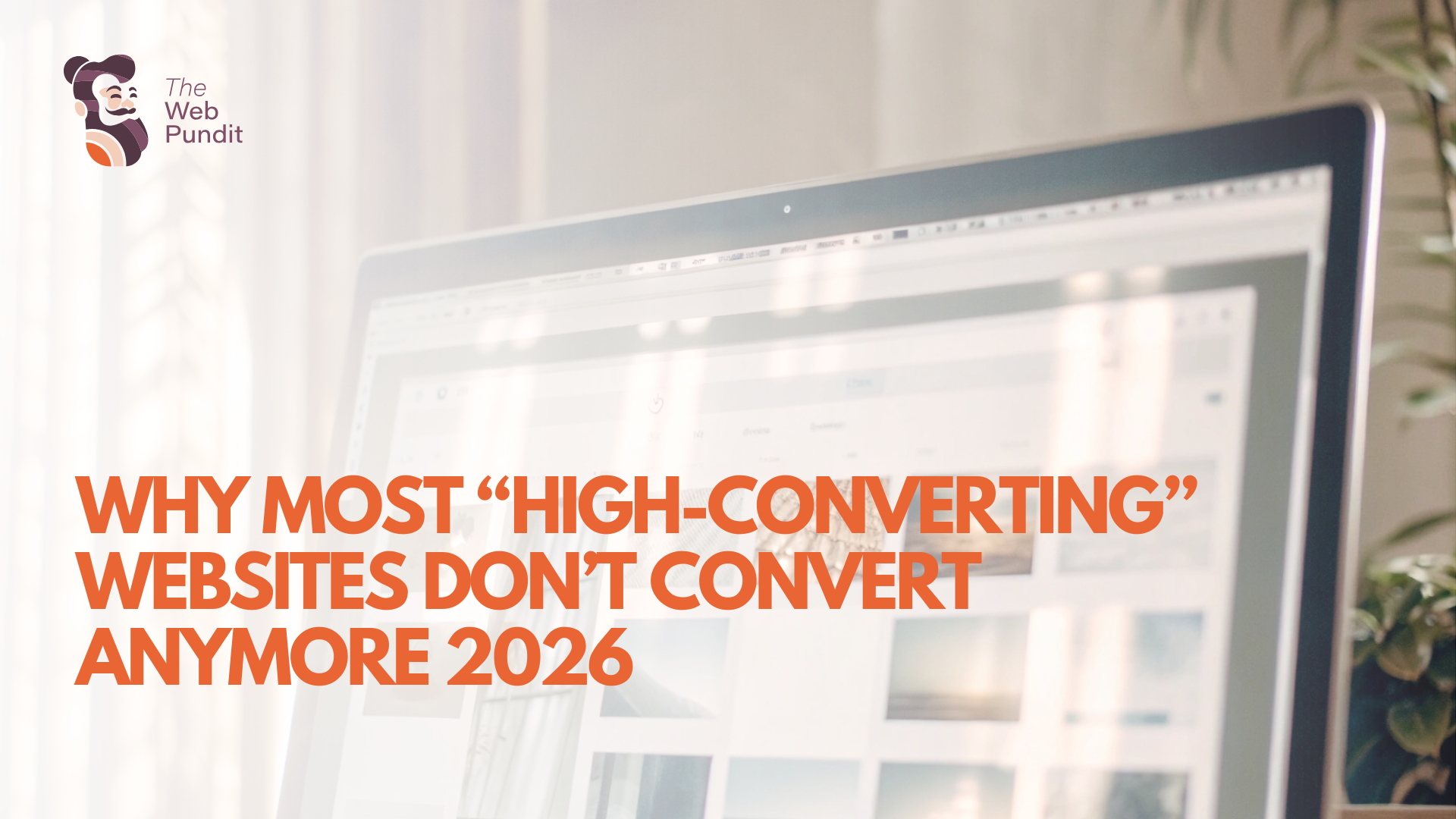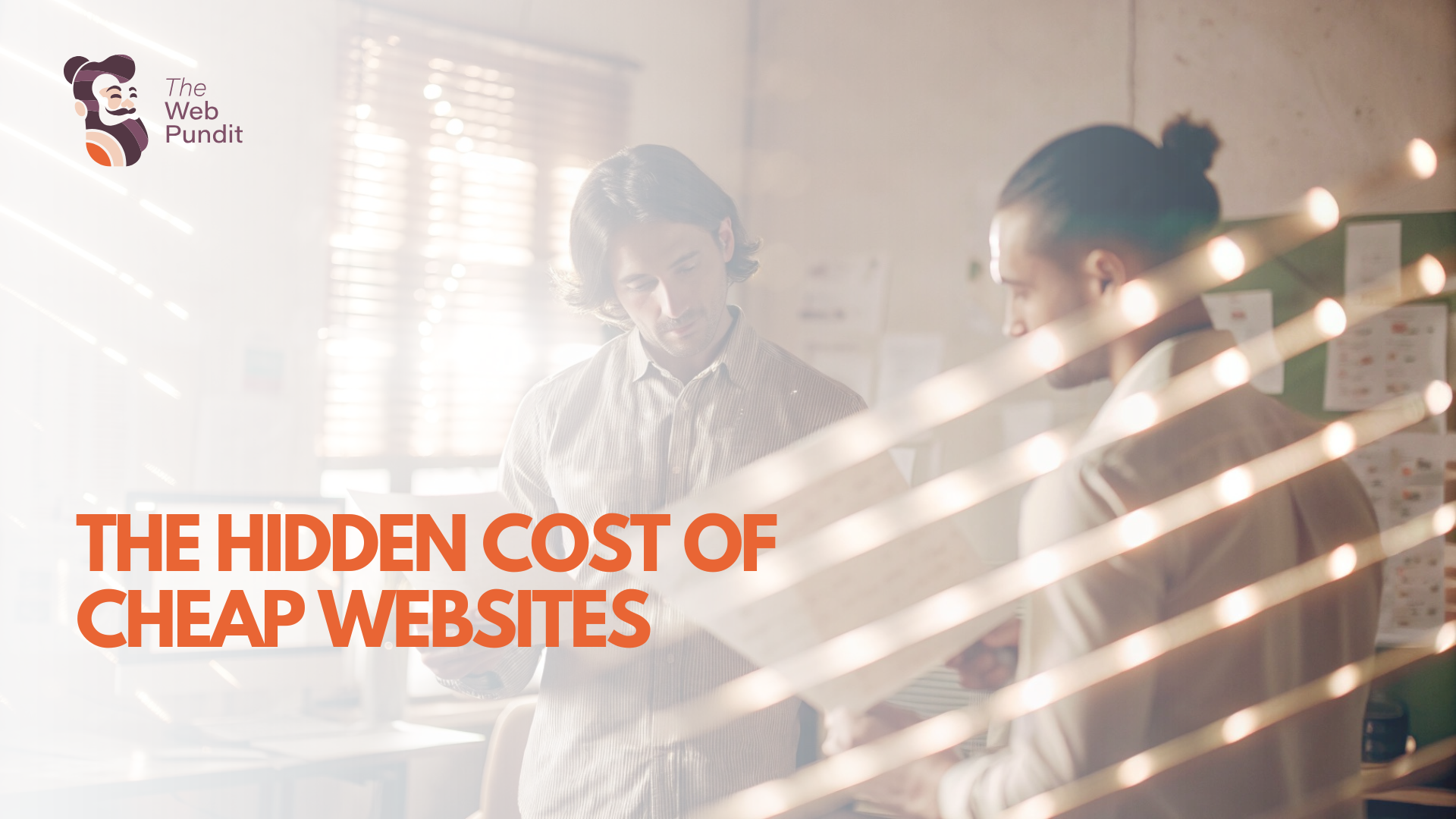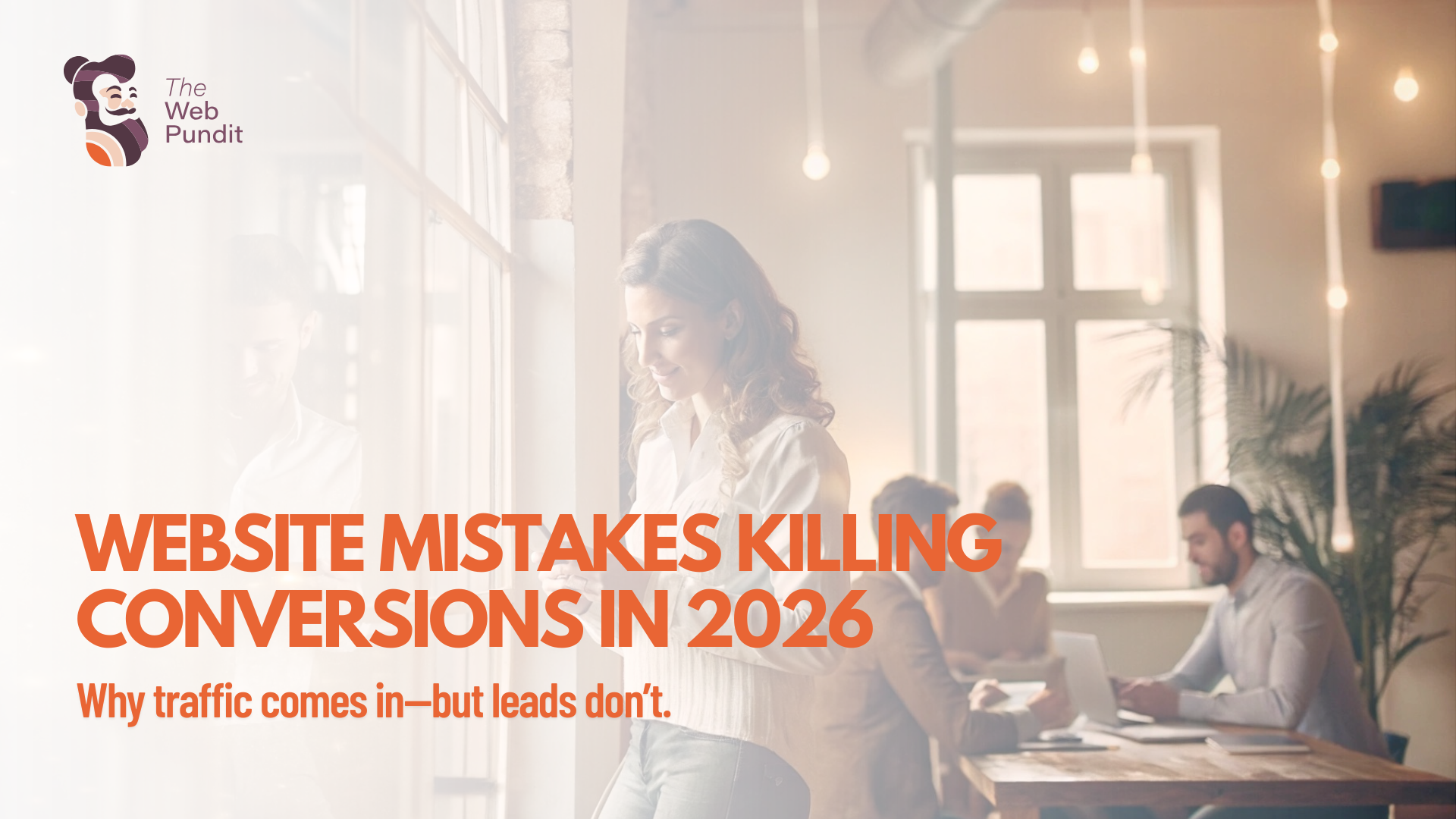SEO vs. PPC: Pros, Cons, and Which One to Choose (for Real Results)
Struggling to choose between SEO and PPC? This founder-friendly guide breaks down the difference between SEO and PPC, Indian budget realities, real case studies, and which strategy actually works in 2025.
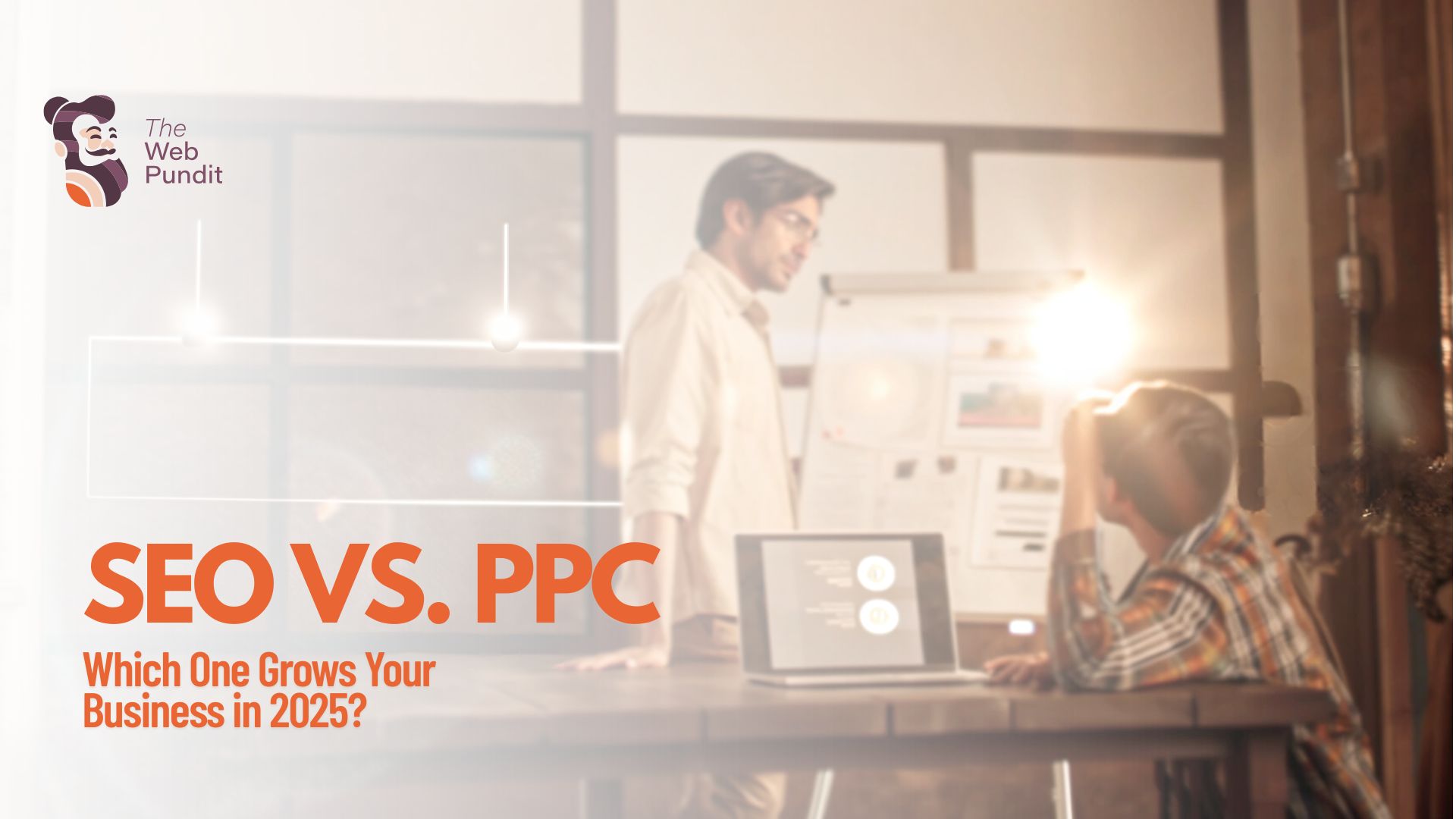
"If Google is the battlefield, SEO is your armor, and PPC is your sword. The smart founders carry both."
When you're growing a brand online, you're bound to hit the ultimate fork in the road: SEO vs. PPC. One is a long game; the other is instant visibility. One builds trust over time; the other puts you right at the top (for a price). So, what’s the real difference between SEO and PPC, and which one should your business bet on?
In this no-fluff guide, we break down the pros, cons, real-world use cases, and decision-making frameworks of SEO and PPC, so you can choose smarter, scale faster, and stop wasting your digital marketing budget.
What Is SEO and PPC?
Before diving into comparisons, let’s quickly break down what each term means:
What Is SEO?
SEO (Search Engine Optimization) is the process of improving your website’s visibility on search engines like Google — organically. That means you’re not paying for ads. Instead, you're optimizing your site structure, content, and keyword targeting so your pages show up naturally when someone searches for relevant terms.
SEO includes:
- Keyword research
- On-page optimization (titles, meta tags, content)
- Technical SEO (site speed, mobile-friendliness, structured data)
- Link building and authority growth
- Content marketing
The goal of SEO is to earn traffic over time and build long-term visibility and trust.
What Is PPC?
PPC (Pay-Per-Click) is a digital advertising model where you pay each time someone clicks your ad. You bid on keywords, and your ad appears above organic results when users search for those terms.
PPC includes:
- Google Search Ads
- Display Ads
- Shopping Ads
- YouTube Ads
- Retargeting Campaigns
The goal of PPC is to buy visibility instantly and drive targeted traffic to your landing pages.
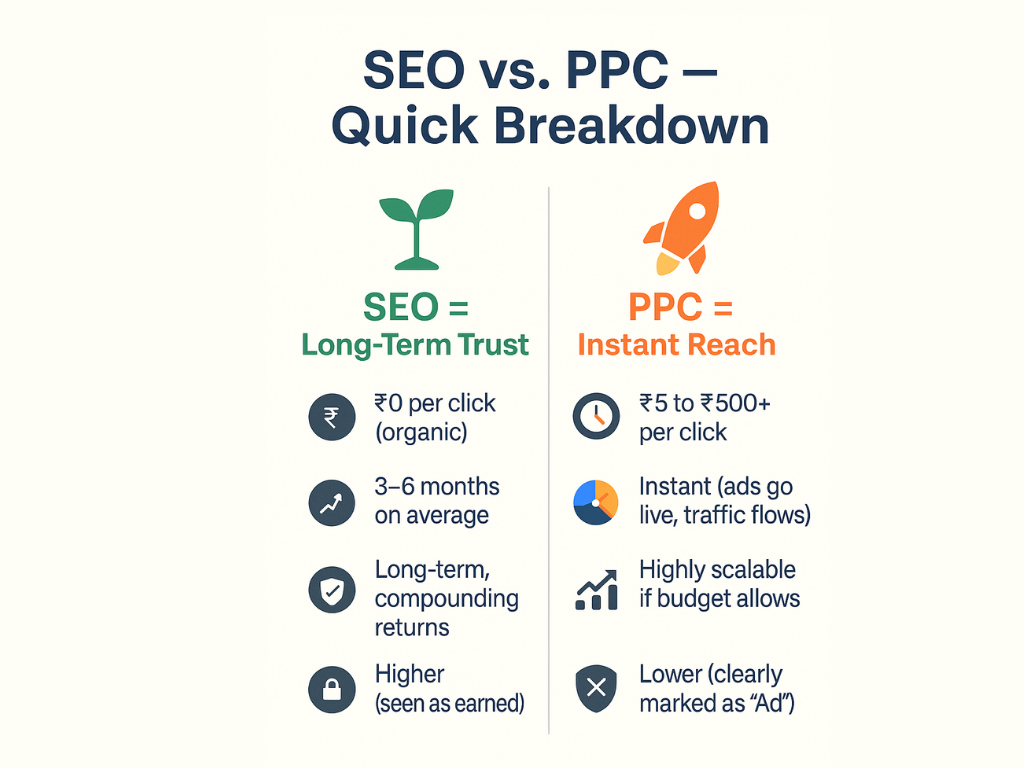
First, What’s the Difference Between SEO and PPC?
Let’s keep it simple:
The difference between SEO and PPC comes down to timing, cost, and goals. SEO is a long-term asset. PPC is a short-term performance tool.
The Pros of SEO: Why the Slow Game Wins Long
SEO Advantages
- Builds trust and authority
- Drives consistent, compounding traffic
- Higher click-through rates (CTR)
- No ad spend required for every visit
- Supports top, middle & bottom of funnel
SEO helps you own your digital real estate. Once you rank, you’re not paying Google rent for every visitor. As your content gains traction, it builds lasting authority. Plus, high-ranking organic results often enjoy more clicks than ads, thanks to the trust they command. As search demand grows, so does your reach, without needing to increase your budget every month.
The Cons of SEO: Why Founders Lose Patience
SEO Challenges
- Takes time (3–6 months minimum)
- Requires technical expertise and content effort
- Algorithm updates can shift rankings
- Difficult to predict short-term performance
The biggest challenge with SEO is patience. Results aren’t instant, and in fast-moving markets, waiting 3+ months can feel like forever. On top of that, staying on top of Google's updates and algorithm shifts can be overwhelming without expert guidance. That’s why many founders use PPC to bridge the gap while their SEO ramps up.
The Pros of PPC: Visibility at the Speed of Money
PPC Advantages
- Instant traffic and lead generation
- Hyper-targeted by location, keyword, intent
- Easy to scale campaigns with budget
- Great for A/B testing offers or headlines
- Supports launches, sales, and urgency-based goals
PPC is your go-to for quick visibility. Whether you're launching a new service, running a limited-time campaign, or testing an offer, paid ads let you reach your audience fast. You can adjust messaging, target specific locations or behaviors, and measure ROI in real-time. SEO and PPC together give you the full-funnel power. PPC gets you attention now. SEO keeps it going later
The Cons of PPC: Not for the Faint of Budget
PPC Limitations
- Traffic stops when ad budget runs out
- High cost per click in competitive niches
- Lower trust (some users skip ads entirely)
- Needs constant monitoring and optimization
PPC campaigns can get expensive quickly, especially in industries like legal, finance, or real estate where cost-per-click can cross ₹100. If your landing page isn’t optimized or your offer doesn’t convert, you risk burning through your budget fast. Plus, once you stop paying, the traffic stops. PPC works best when paired with a clear funnel and continuous data-driven refinement.
Decision Framework (Founder Cheat Sheet)
Here’s a practical guide for business owners who are trying to figure out which to invest in:
Budget Realities in India (2025 Edition)
Let’s talk about numbers. Most Indian startups operate lean, and you need to know what you're getting into.
Typical SEO Costs in India:
- Freelancers: ₹5,000 – ₹15,000/month
- Small Agencies: ₹20,000 – ₹50,000/month
- Premium SEO Packages: ₹60,000+
SEO is cheaper monthly but takes 3+ months to show results. It’s ideal if you’re building a long-term brand.
At Web Pundit, we offer flexible SEO packages starting at ₹25,000/month that combine technical fixes, optimized content, and strategic keyword targeting. Whether you’re a bootstrapped startup or scaling brand, our SEO playbooks are built for ROI, not vanity metrics.
Want to explore how we can help you grow organically in 2025 and beyond? Talk to an SEO strategist now.
Typical PPC Costs (Google Ads):
- CPC in India (avg): ₹7 to ₹20 depending on niche
- Monthly budget recommendation: ₹15,000 – ₹1L
- Plus: ₹5,000+ for setup/management by experts
In competitive spaces like real estate, finance, education, or SaaS, CPC can hit ₹50 to ₹100+.
Pro Tip: If your product has low margins and high competition, PPC can eat into profit fast without a conversion-optimized funnel.
When to Use SEO, PPC, or Both?
The Danger of Picking Just One
Here’s the thing: going all in on PPC without a brand or funnel is risky. But relying only on SEO when you need traction now is like trying to push a car uphill.
At Web Pundit, our growth playbook almost always includes:
- PPC for immediate wins (Google Search + Shopping + Retargeting)
- SEO for sustainable growth (on-page + blogs + content clusters)
- Analytics to guide the shift - we often flip budgets month to month based on ROI.
Final Word: So, SEO vs. PPC - Which One to Choose?
Here’s the honest answer: choose based on your goals, timeline, and resources.
If you need results now, go PPC.
Launching a product? Need sales this week? PPC is your fast lane. With the right budget and targeting, you could start seeing traffic and conversions within hours. It's perfect for time-sensitive campaigns or new ventures. Check out your Ultimate PPC growth plan here and get results that don’t wait.
If you want to build brand equity and reduce ad spend over time, go SEO.
SEO takes time but gives back compounding returns. It strengthens your presence, builds trust, and keeps driving leads even when you’re not paying for every click. Perfect for founders who are thinking long-term.
If you want real growth? Do both with intention.
At Web Pundit, we often pair SEO and PPC to get immediate visibility and to reduce your cost-per-lead over time. Together, they’re not just a traffic engine, they’re your growth engine. Let’s build a smart, scalable plan that uses both to your advantage.
Ready to Stop Guessing and Start Growing?
If you're still unsure whether SEO, PPC, or hybrid strategy is right for your business, don’t go it alone. Let’s build your digital game plan together.
- Get a custom strategy that matches your goals and budget
- Avoid wasting money on the wrong channel
- Discover where your competitors are winning (and how to beat them)
Book your free 15-minute discovery call with Web Pundit today. We’ll audit your website, review your current campaigns (if any), and recommend a mix that actually works.

